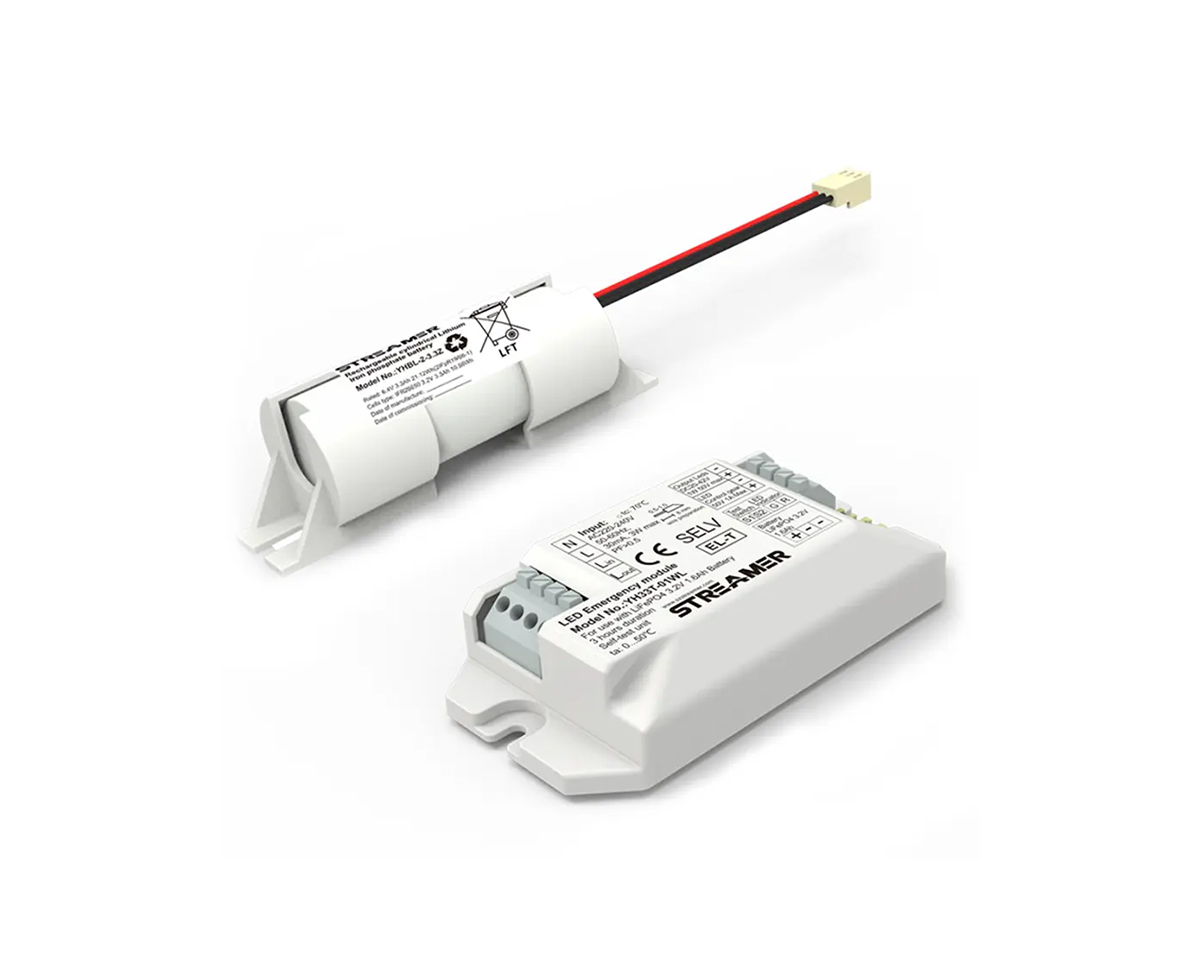 1
1
 Mar 03, 2025
Mar 03, 2025

Security is of utmost importance for the Streamer BBU, as it handles sensitive user data and plays a critical role in network operations.
Data Encryption
To protect user data transmitted through the Streamer BBU, strong encryption algorithms are employed. Data encryption ensures that the information is scrambled during transmission, making it unreadable to unauthorized parties. For example, in a 4G or 5G network, user data such as personal messages, financial transactions, and browsing history are encrypted using industry - standard algorithms like AES (Advanced Encryption Standard). The BBU is responsible for encrypting the data before it is sent over the air interface to the mobile device and decrypting it upon reception. This prevents eavesdropping and data theft, maintaining the privacy and security of user information.
Access Control
Strict access control measures are in place to limit who can access the Streamer BBU's management interface and configuration settings. Only authorized personnel, such as network administrators, are given access credentials. These credentials are often a combination of username and password, and in more secure environments, multi - factor authentication is used. Additionally, access to different levels of the BBU's functions is restricted. For example, a technician may have limited access to view performance metrics, while a senior network engineer has full access to configure and manage the BBU. This helps prevent unauthorized changes to the BBU's settings, which could potentially disrupt network operations or compromise security.
Security Updates and Patches
Manufacturers of the Streamer BBU regularly release security updates and patches to address newly discovered vulnerabilities. Network operators are responsible for promptly applying these updates to their BBUs. These updates can fix security flaws in the software, such as buffer overflows or authentication bypass vulnerabilities. By keeping the BBU's software up - to - date, the risk of security breaches is significantly reduced. Some BBUs are also equipped with automatic update mechanisms, which can be configured to download and install security patches as soon as they are available, ensuring continuous protection against emerging threats.
Intrusion Detection and Prevention
Streamer BBUs may be equipped with intrusion detection and prevention systems (IDPS). These systems monitor network traffic flowing through the BBU for any signs of malicious activity. For example, if an IDPS detects a large number of abnormal connection requests, it may flag it as a potential DDoS (Distributed Denial of Service) attack. The system can then take preventive actions, such as blocking the suspicious traffic or alerting the network operator. In addition, the IDPS can detect attempts to exploit known vulnerabilities in the BBU's software. By having an IDPS in place, the BBU can proactively defend itself against external attacks, ensuring the integrity and availability of the network.